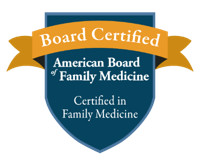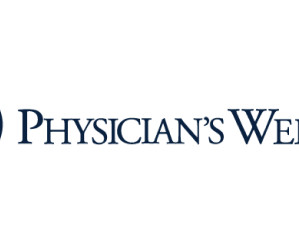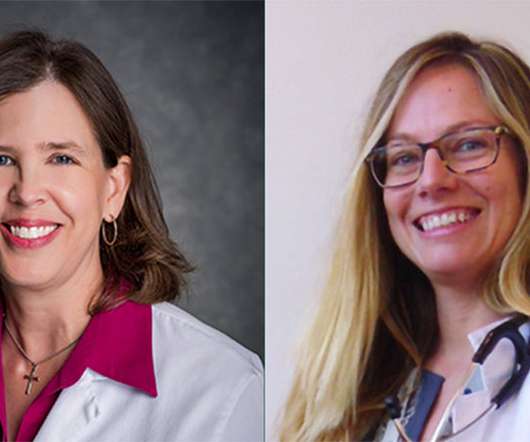Empowerment Self-Defense Arms ED Staff Against Rising Workplace Violence
Physician's Weekly
JUNE 26, 2025
Violence in hospital emergency departments (EDs) has reached crisis levels. The emergency room has become a pressure cooker, and healthcare professionals are paying the price. Empowering healthcare workers with practical skills can disrupt that cycle. The severity of this problem has even made its way into pop culture.



















Let's personalize your content